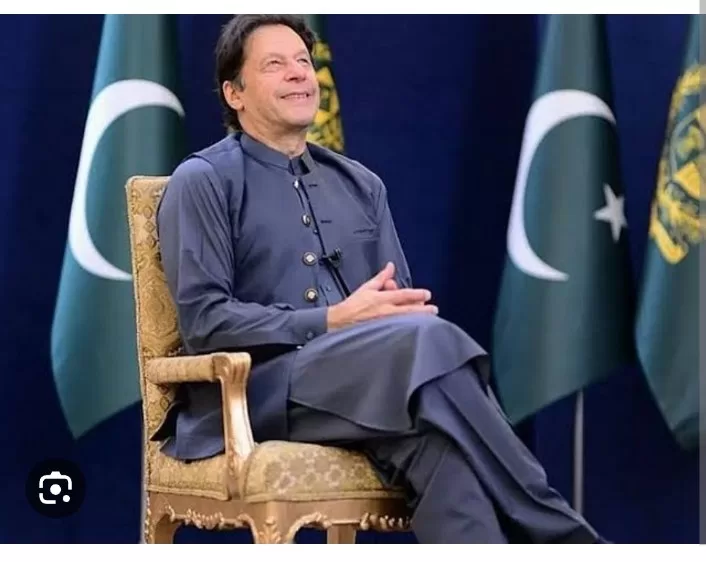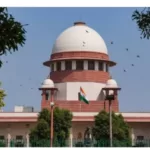In a judicial whirlwind, the corridors of Islamabad High Court reverberate with the resonating suspension of the three-year sentence imposed on Imran Khan, the Chairman of Pakistan Tehreek-e-Insaf (PTI), in the Toshakhana case. However, the tides of the legal saga remain tumultuous, as a newly-established specialized court, operating under the purview of the Official Secrets Act, mandates Attock Jail authorities to detain Imran Khan and present him tomorrow, August 30, in relation to the cipher case.
A missive, addressed to the Superintendent of Attock Jail, penned by the distinguished Special Court Judge Abual Hasnat Muhammad Zulqarnain, lays down the decree: “Accused Imran Khan Niazi, son of Ikramullah Khan Niazi, resident of Zaman Park, Lahore, is hereby directed to be placed under judicial remand in the aforementioned FIR case. The accused is presently detained in district jail, Attock.”
The cipher case is predicated upon a diplomatic document allegedly gone astray from Imran Khan’s possession. The PTI avows that this document bore a threat from the United States, suggesting the ousting of Imran from power. Notably, parallel proceedings against PTI Vice Chairman and erstwhile Foreign Minister, Shah Mahmood Qureshi, unfold within the same legal ambit.
The much-anticipated pronouncement in the Toshakhana case transpires under the aegis of a division bench, chaired by Chief Justice Aamer Farooq and Justice Tariq Mehmood Jahangiri, delivering their verdict on the former Prime Minister’s appeal against his custodial term.
Chief Justice Farooq expounds, “The detailed judgment shall soon be accessible… what we affirm now is the assent to [Imran’s] plea.” Consequently, the PTI Chairman’s aide on legal matters, Naeem Haider Panjotha, corroborates the announcement via an update on X (previously Twitter): “The Chief Justice has endorsed our plea, suspended the sentence, and assures a comprehensive ruling will ensue.”
Pertinent to note, on August 5, a trial court in Islamabad convicted Imran Khan in the Toshakhana case initiated by the Election Commission of Pakistan (ECP). This legal bout pertained to alleged concealment of details regarding state gifts, leading to a three-year incarceration. The judgment wielded the sword of disqualification, rendering Imran ineligible for participation in general elections for a span of five years.
Imran, swift to respond, filed an appeal in the high court against the conviction, concurrently pursuing relief through a Supreme Court plea against IHC’s directive to refer the case back to the trial court judge responsible for the conviction.
Intriguingly, last week, the Supreme Court acknowledged “procedural defects” in Imran’s conviction, preferring to await the IHC’s pronouncement on his plea. This stance elicited the Pakistan Bar Council’s objection, highlighting the imperative of non-interference in matters pending before the subordinate judiciary.
PTI’s spokesperson, Raoof Hasan, expresses unequivocally that Imran’s subsequent arrest in any other case post the suspension of the Toshakhana case sentence would be tantamount to “ill-intentioned and mala fide” actions. Hasan encapsulates this moment as witnessing the reformation of Pakistan’s legal and political history, unequivocally exclaiming that “justice shall prevail.”
As the legal odyssey continues to unfold, the threads of constitutional interpretation, the labyrinthine pathways of justice, and the tapestry of governance intermingle in a riveting saga of legal metamorphosis.




